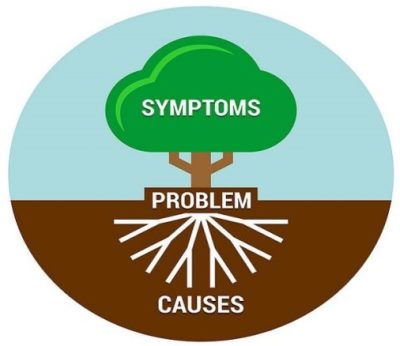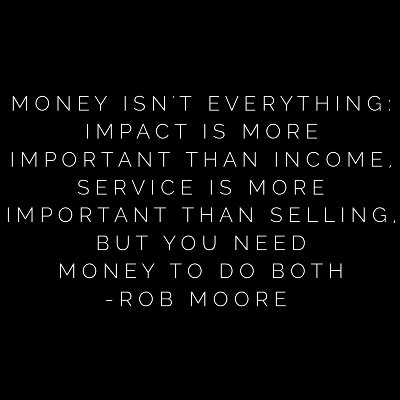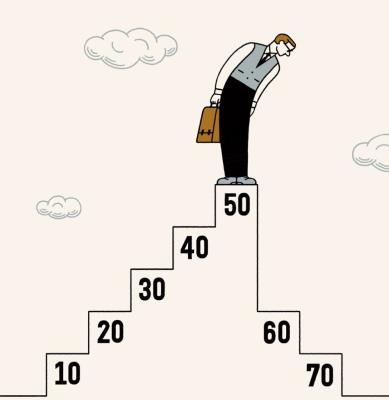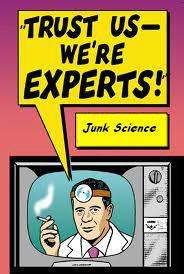This interesting Financial Review ‘Why this ship marks the end of your job‘ reminds us that modern equipment tend to remove the need for large crew on the front-line. In this example of an actual warship, the actual crew has been shrunk by 80% compared to traditional warships of the same size. 80%! From 200 down to 40 sailors! This trend will be observable in all occupations requiring dangerous, remote or costly human deployment. But also for a lot of front-line work that can be automatized.

We can of course observe that trend in the military with the apparition of drones of various sized and capabilities that avoid putting lives in jeopardy. But we will also observe the trend in more and more commercial ventures.
An interesting side effect of this approach is that the equipment itself is considered to be more disposable and replaceable than the previous equivalent equipment. This is apparently even true for this warship type – the limited crew will not allow to respond to all emergency situations and it is accepted that it may have to be lost with a higher frequency than previous warship generations.
The new approach comes with the benefit of exposing much less people to hazardous occupations. At the same time there is a substantial risk of loss of know-how: the current solutions are put in place with the help of those that currently do the work, but in the future no-one may remember how to do it.
As a result, there will be a deep need to review the usual career paths that have been inherited from the Industrial Age to ensure that the competencies required will still be available, as they evolve. And people that are still in the front-line will need to be better educated, more flexible and will have much greater responsibility than today. The landscape of work is already changing dramatically!











